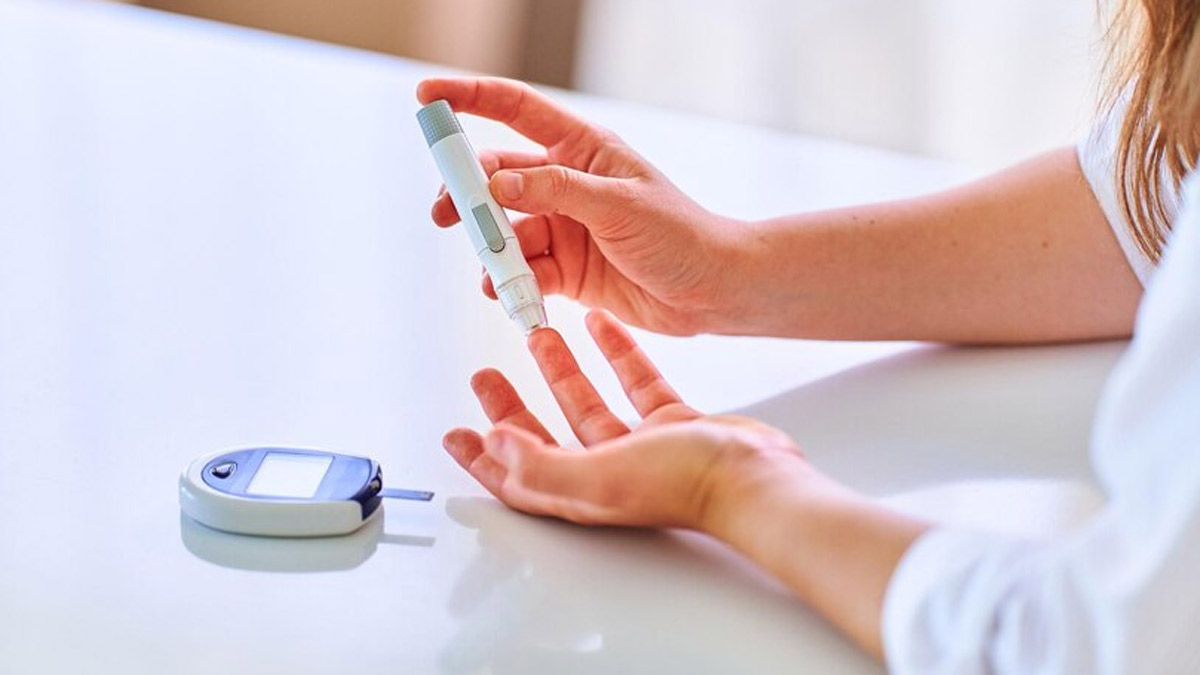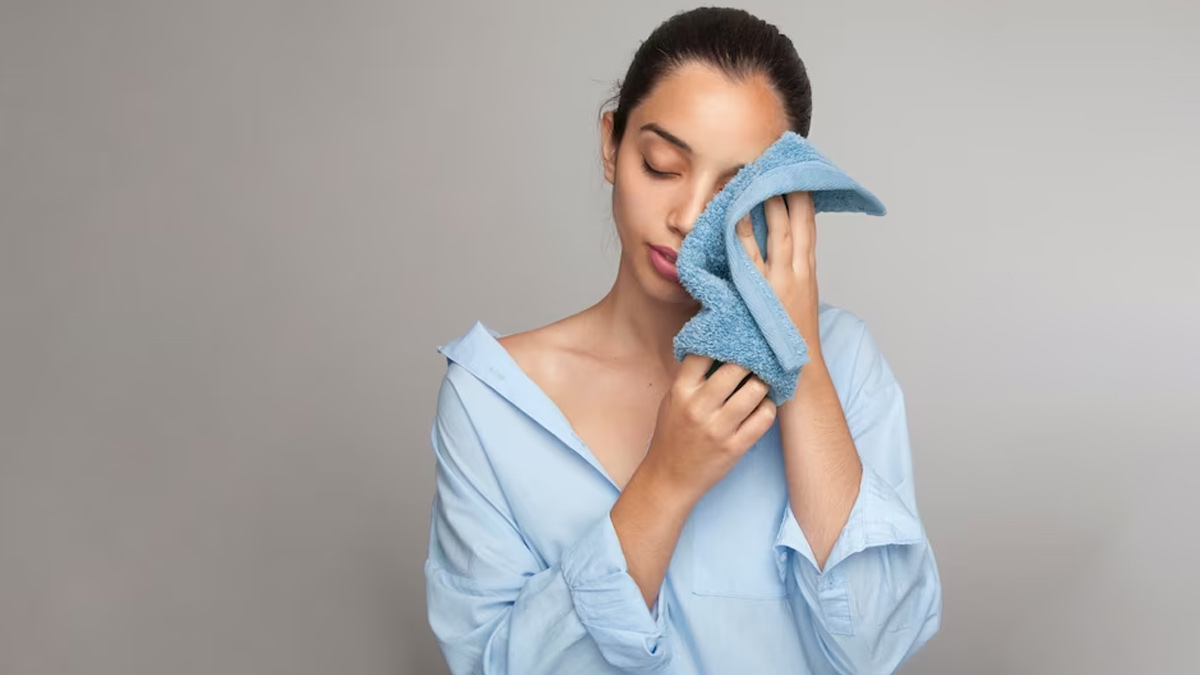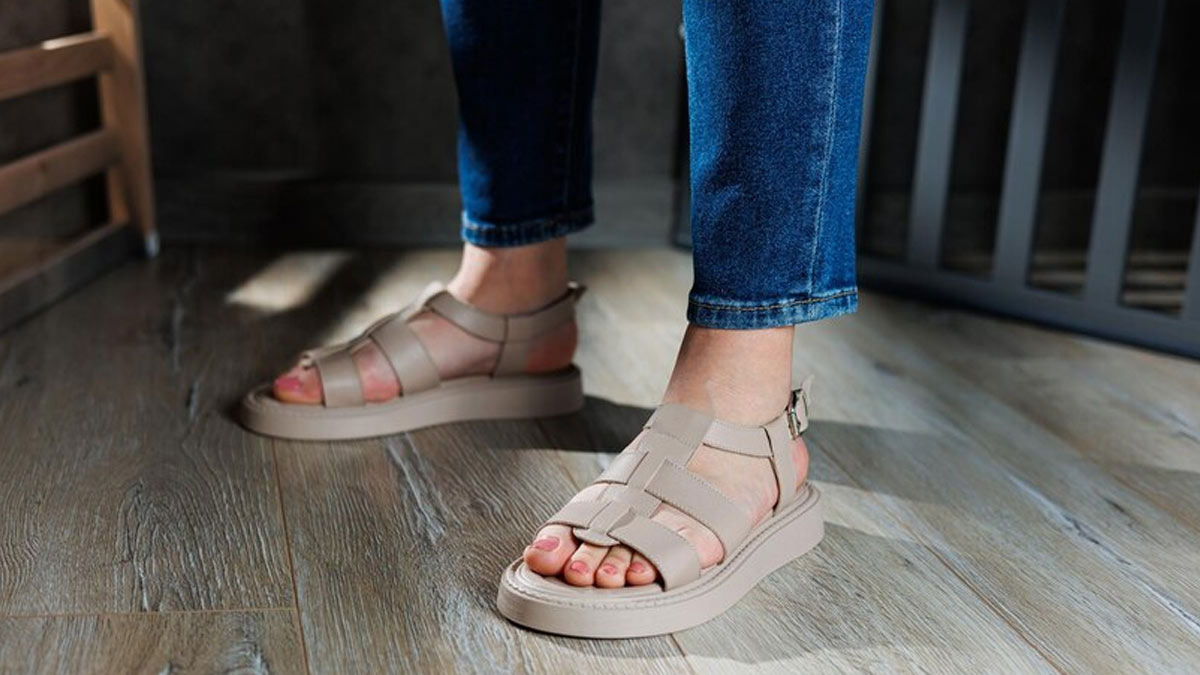

As the monsoon showers bring relief and joy, they also present unique challenges for individuals with diabetes. Fluctuating blood sugar levels during this season can lead to dry and itchy skin, making them more prone to infections. But don’t let the rainy weather dampen your spirits or your skin! By following a few simple yet crucial tips, you can ensure your skin stays healthy and radiant throughout the monsoon.
Dr Anil KV Minz, Senior Consultant, Dermatologist, Marengo Asia Hospitals, Faridabad, shared tips to protect the skin in monsoon for diabetics.
Essential Tips To Protect The Skin
According to the Centers for Disease Control and Prevention, When diabetes impacts your skin, it frequently indicates prolonged high blood sugar levels. Certain skin changes may even manifest before an official diabetes diagnosis, while others could suggest a need to adjust your diabetes treatment. Monitoring these skin signs is crucial in managing your condition effectively.

Keep your skin clean and dry
The damp and humid conditions during monsoon can create an ideal environment for fungal and bacterial growth on the skin. To avoid infections and maintain good hygiene practices take regular showers with mild, antibacterial soap, and make sure to dry your skin thoroughly, especially in the skin folds and between the toes.
Dr Minz added, “Also, avoid sitting or standing in wet clothes for an extended period. Damp clothes can irritate the skin and increase the risk of fungal infections.”
Also Read: Planning Pregnancy With Diabetes? Expert Lists Tips You Should Follow
Moisturise
Humidity during monsoon may give a false impression of hydrated skin, but the moisture in the air does not necessarily translate to well-moisturised skin. Diabetics are prone to dry skin, and the rainy season can exacerbate this condition. Use a gentle and non-fragrant moisturiser to keep your skin soft and supple. Direct your attention to areas that are susceptible to dryness, such as elbows, knees, and feet.
Wear breathable fabrics
Dr Minz said, “Choose light and breathable clothing to prevent excessive sweating, which can lead to skin irritation. Also, avoid scratching your skin as it can lead to skin damage and infections. Instead of scratching, use a cold compress or apply a soothing lotion to alleviate the itchiness.”

Choose the Right Footwear
During the monsoon, it’s essential to wear the right footwear to protect your feet from dampness and fungal infections. Opt for open-toed shoes or breathable footwear made of materials like rubber or waterproof mesh. Avoid wearing wet socks and shoes for extended periods, as this can lead to foot problems.
Check blood sugar levels regularly
One of the most critical aspects of skincare for diabetics is to maintain stable blood sugar levels. Dr Minz said, “Uncontrolled diabetes can lead to various skin problems, including dryness, itching, and slow wound healing. Monitor your blood sugar levels regularly and follow your healthcare provider’s recommendations for managing diabetes effectively.”
Also Read: Diabetes Diet: Expert Lists Seeds That Can Regulate Blood Sugar Levels

Stay hydrated
Drinking an adequate amount of water is crucial for diabetics to maintain overall health and promote skin hydration. Proper hydration can also help flush out toxins from the body, reducing the risk of skin infections.
Examine Your Skin Regularly
Perform regular self-examinations of your skin to identify any changes, such as rashes, wounds, or infections, at an early stage. Promptly seek medical attention if you notice anything unusual or if existing skin conditions worsen.
Consult a Dermatologist
If you have pre-existing skin conditions or notice any concerning changes in your skin during the monsoon, don’t hesitate to consult a dermatologist. They can provide personalised recommendations and treatments to address your specific skin care needs.
Disclaimer
The information in this article is provided by a registered medical practitioner and is for informational purposes only. Hence, it is advisable to consult with your healthcare provider for personalised skincare advice, considering your medical condition and needs.
اكتشاف المزيد من ينبوع المعرفة
اشترك للحصول على أحدث التدوينات المرسلة إلى بريدك الإلكتروني.
